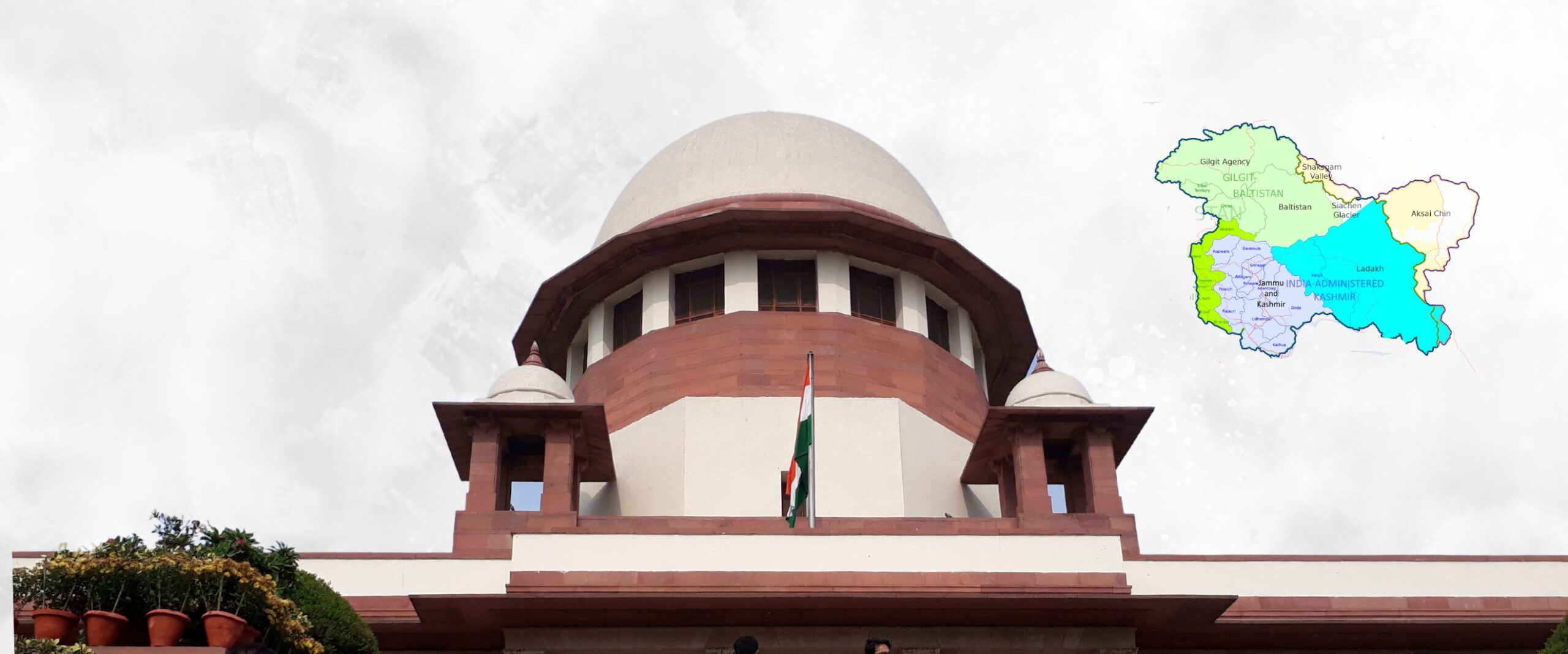
5 LAW COMMISSION REPORT
The First Law Commission was established during the British Raj era in 1834 by the Charter Act of 1833.It was presided by Lord Macaulay After that, three more Commissions were established in pre-independent India.
The first commission’s recommendations resulted in the codification of the penal code and the Criminal Procedure Code.
1. The First Law Commission of independent India was established in 1955 for a three-year term. Since then, twenty two more Commissions have been established. The First Law Commission of independent India was established in 1955. The chairman of this commission was M. C. Setalvad, who was also the first attorney-general of India.Twenty-First Law Commission
2. The 21st Law Commission -Former Supreme Court judge Balbir Singh Chauhan was appointed Chairman of the 21st Law Commission. Mr. Justice Ravi R. Tripathi, retired judge of the Gujarat High Court was appointed as Full-time Member.
3. The 22nd Law Commission was constituted for a period of three years on February 21, 2020 and its chairperson, Justice Rituraj Awasthi (retd), assumed office on November 9, 2022,Justice KT Sankaran, Prof. (Dr.) Anand Paliwal, Prof.
The Commission’s three year term was to end on February 20, 2023, but the Union Cabinet extended its term up to 31st August, 2024.
Areas of Scope
The Commission reviews judicial administration to ensure that it is responsive so that delays are eliminated, arrears are cleared and disposal of cases is quick and cost-effective without sacrificing the cardinal principle that they are just and fair. The Commission seeks to simplify procedures to curb delays and improve standards of justice. It also strives to promote an accountable and citizen-friendly government which is transparent and ensures the people's right to information.
The 21st Law Commission of India recommendations-
which functioned from 2015 to 2018 under the chairmanship of Dr. Justice B.S. Chauhan made several significant recommendations. Here are five important recommendations from the 21st Law Commission:
1. Simultaneous Elections to Lok Sabha and State Assemblies:
The 21st Law Commission recommended holding simultaneous elections for the Lok Sabha and the State Legislative Assemblies. This was proposed to reduce the frequency of elections, which in turn would lead to reduced election-related expenditure and administrative burden. It also suggested amendments to the Constitution and the Representation of the People Act, 1951, to facilitate this.
2. Uniform Civil Code (UCC):
The Commission examined the issue of a Uniform Civil Code and recommended that family laws across religions should be reformed to eliminate discrimination and bring about gender justice. However, it did not recommend a uniform code for all at that time, suggesting instead a piecemeal approach to reform specific areas of law, like marriage, divorce, and adoption.
3. Death Penalty:
The Commission recommended the abolition of the death penalty for all crimes except terrorism-related offences and waging war against the state. The rationale was that the death penalty does not serve the penological goal of deterrence any more than life imprisonment.
4. Legalising Betting and Gambling:
Recognizing the challenges of completely banning betting and gambling, the Commission recommended legalising these activities with appropriate safeguards. It suggested that stringent regulations and laws should be put in place to prevent exploitation, corruption, and criminal activity, and to generate revenue for the state.
5. Hate Speech:
The Commission recommended amendments to the Indian Penal Code (IPC) and the Code of Criminal Procedure (CrPC) to introduce provisions that specifically address hate speech. The Commission proposed adding new sections to the IPC to criminalise speech that incites violence, hatred, or discrimination based on religion, caste, community, or language.
